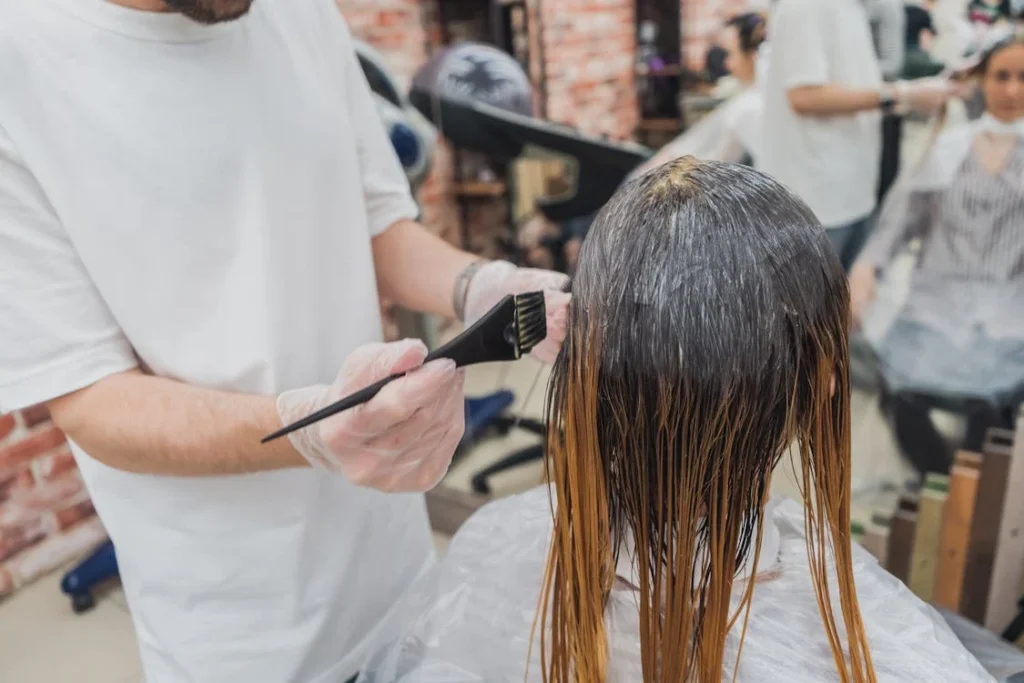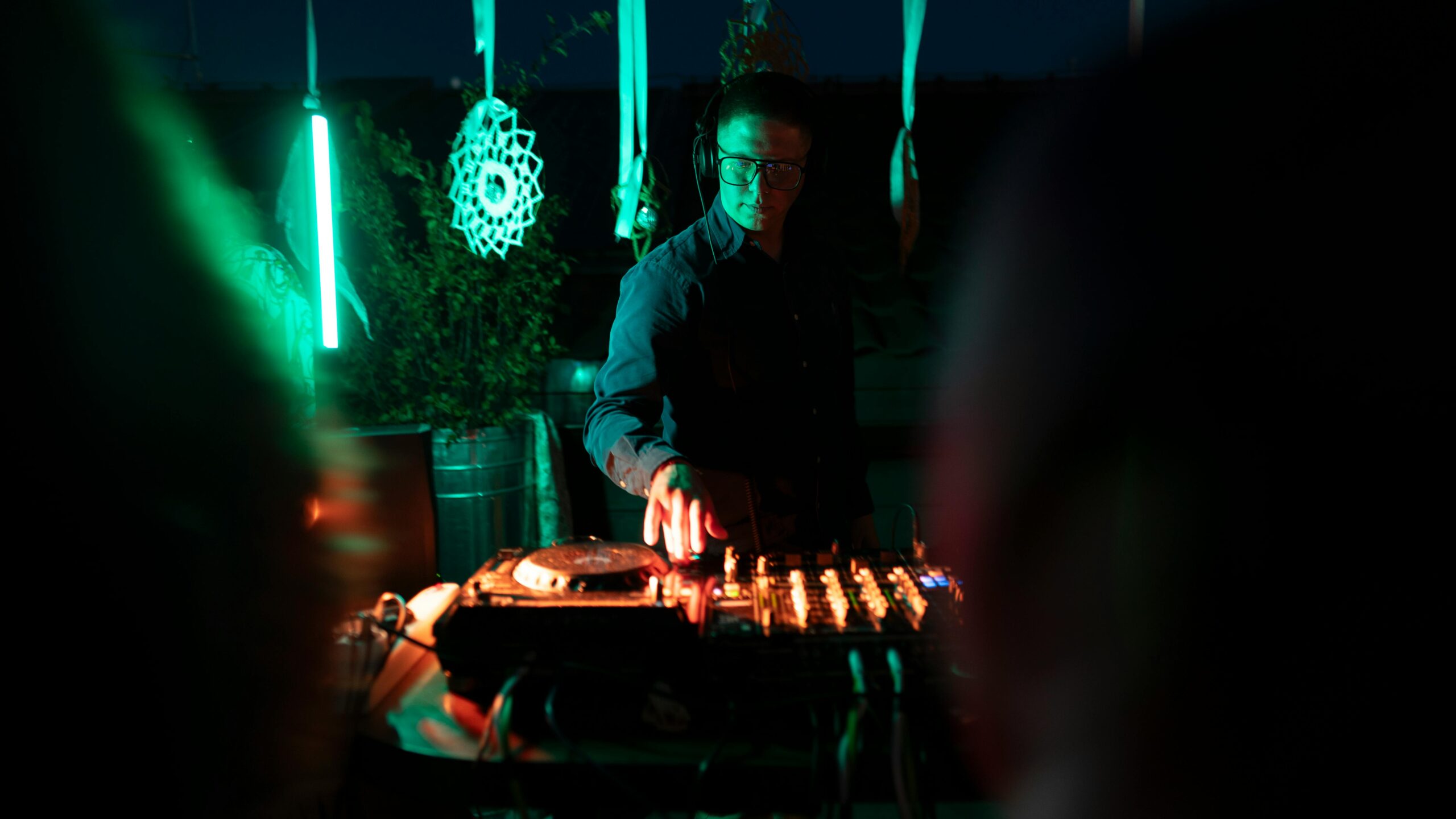Throughout time, women have always placed their value on their hair. Straight. Shiny. Long. Healthy. These were the outward signs of beauty, style and confidence.
We’d watch movies showing a gaggle of women in a salon. If it were a comedy, the money shot was a stylist leaving the hair relaxer too long. Cue the crying client pulling clumps of hair from her head.
It’s no surprise that it was a salon with Black clientele. Clever marketing pandering to Eurocentric standards of attractiveness played into the narrative. Straight was beautiful.
The tide is slowly starting to turn. Women are embracing their natural hair. And yet, the relationship with hair relaxers in the Black community will always be complicated.
With the slew of recent hair relaxer lawsuit cases currently happening, now is a good time to re-examine the relationship with chemical hair relaxers.
Research Supports Increased Risk of Cancer Claims
Growing up, we were told to leave hair relaxer cream on for as long as possible. Or at least till you felt that tingling sensation on your scalp.
We knew then the harsh chemicals in the product would have some effect. The saying, “suffer for beauty,” eclipsed the potential dangers.
A 2022 study by the National Institute of Health (NIH) confirmed those suspicions. They found that chemicals in hair straightening products were associated with higher uterine cancer risks. Black women, particularly, were more prone because of its increased use in the African American community.
Taking on the fight on behalf of consumers in the U.S, TorHoerman Law says that negligent manufacturers find themselves under intense scrutiny.
The NIH study observed 33,497 U.S. women over 11 years. During that period 378 uterine cancer cases were diagnosed. About 60% of women in the study who used hair relaxers identified as Black. Previous studies also showed that uterine cancer rates have been rising in the U.S., particularly among Black women.
Total Recall?
Hair relaxers contain carcinogens like formaldehyde-releasing agents and endocrine-disrupting compounds. They can mimic the body’s hormones, linking them to breast, uterine and ovarian cancer.
There has been an outcry as many accused the FDA of dragging its feet on the proposed ban on formaldehyde. Last month, it missed its deadline.
The proposal followed comprehensive studies done by the NIH and several class action lawsuits against manufacturers. L’Oreal and Revlon were named in the lawsuit.
When asked to comment on the NIH study, Revlon told Reuters their products underwent rigorous safety reviews. They noted the authors of the study “didn’t draw definitive conclusions about the cause of the women’s cancers and that more research was warranted”.
Competing beauty brand L’Oreal told NBC News their products didn’t contain formaldehyde, and that it welcomes the proposed FDA ban.
Due to the scope of the lawsuit, South Africa’s consumer watchdog is on high alert to see how things play out in the U.S. Other African countries are too holding their breath.
My Hair. My Choice
As many Black women abandon hair relaxers in light of the hair relaxer lawsuits, some find it harder to let go.
Michelle Obama admitted that she straightened her hair while Barack Obama was president because America wasn’t ready for a First Lady with braids.
While speaking at the launch of her book, Becoming, she said she wanted to avoid controversy and keep the spotlight on her husband’s work. Even though it’s hard to admit, hair is part of the African American experience, Michelle added. Today, she proudly rocks her braids.
Ironically, the first hair relaxer was invented by a Black man in the early 20th century. His name was Garret A. Morgan. A prolific inventor, Morgan called himself “the Black Edison.” He invented a relaxer to straighten his hair, naturally kinky and curly.
It was only in the 1950s that hair relaxers gained popularity in the Black community. It happened at the pinnacle of the Civil Rights Movement. African Americans wanted to assimilate into mainstream society. And so the seed was planted. Straightening one’s hair was seen as looking more presentable.
It’s complicated
The Black community’s relationship with hair relaxers is very nuanced. Some might say, it’s complicated.
Straight hair is easier to maintain, whereas natural hair takes time and patience. Women are often criticized for their natural locks in the workplace. It’s a double-edged sword.
The natural hair movement is something not very easily embraced. But minds are changing. Thanks to Hollywood celebrities like Lupita Nyong’o and Viola Davis, Black women are getting the message that curly and kinky are beautiful.




